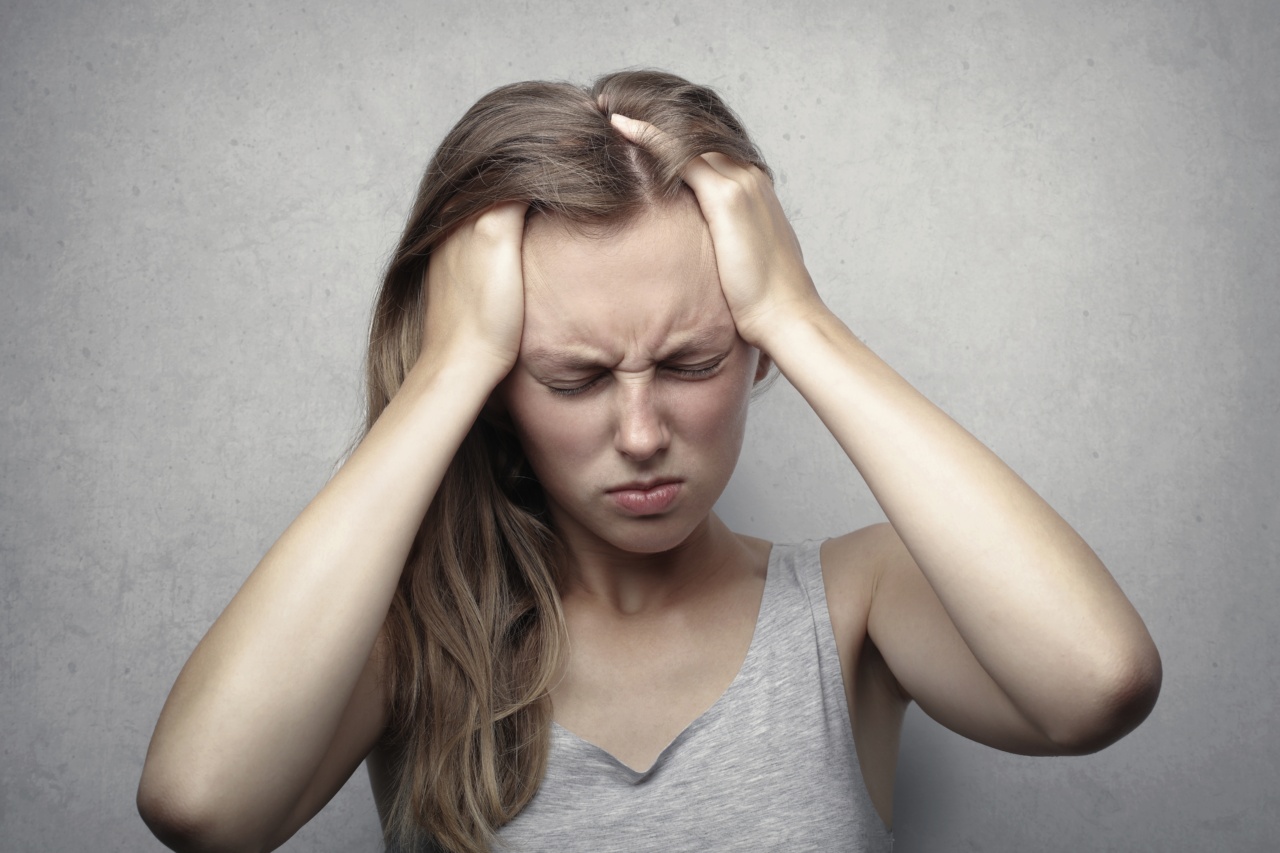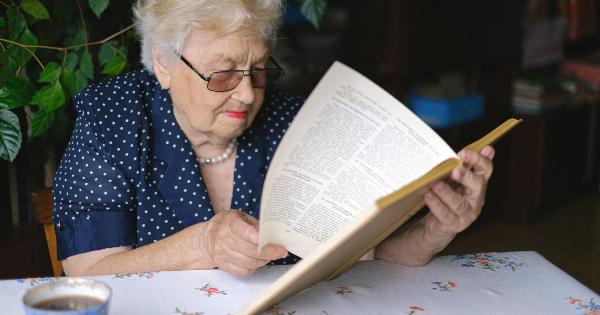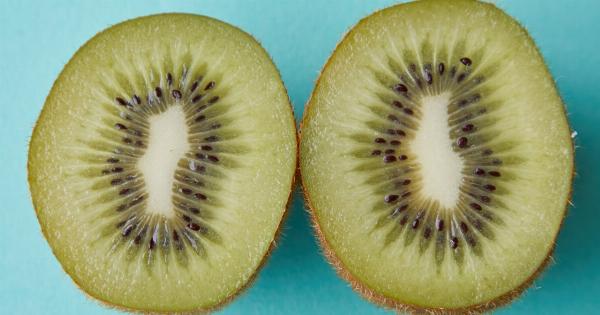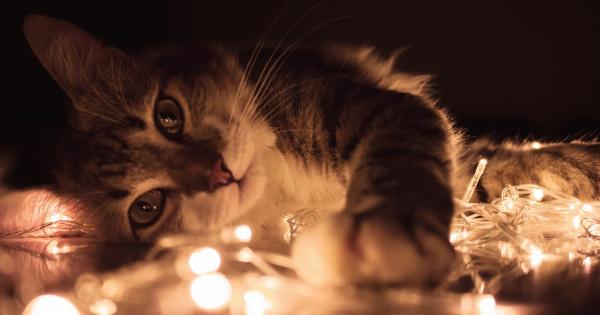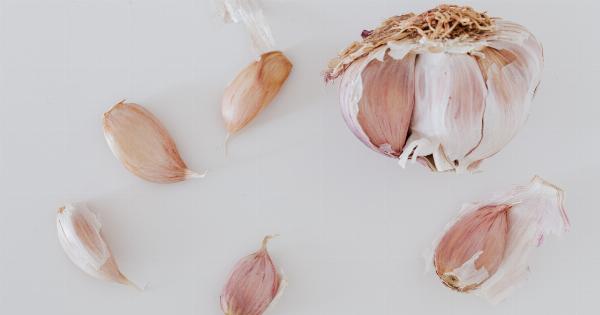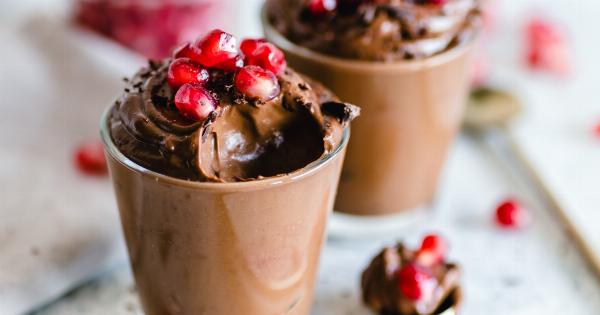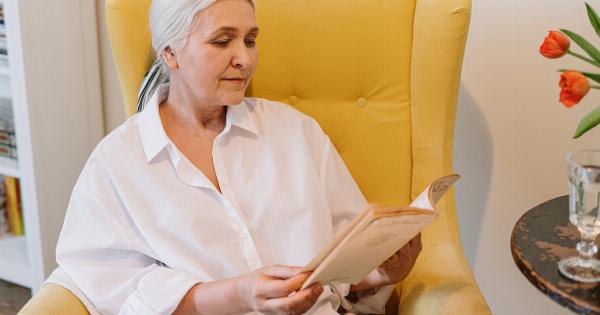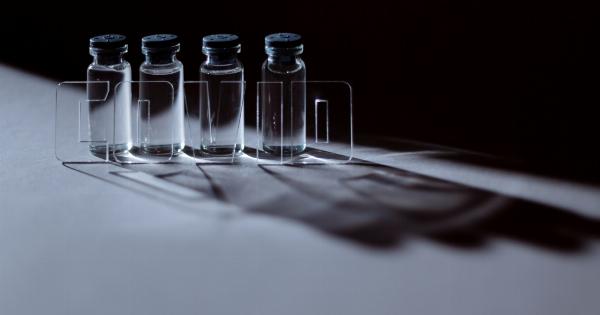Gray hair is often associated with aging, but can stress really cause your hair to turn gray prematurely? This question has long intrigued scientists and individuals alike.
While it is widely accepted that stress has negative impacts on our health, the connection between stress and graying hair is not as straightforward as it may seem. In this article, we explore the myths and truths surrounding the effect of stress on hair color.
Understanding the Basics of Hair Color
Before delving into the relationship between stress and graying hair, it is important to understand the basics of hair color. Hair follicles contain pigment cells called melanocytes, which produce a pigment called melanin.
Melanin comes in two types: eumelanin, responsible for black and brown hair colors, and pheomelanin, responsible for red and blonde hair colors.
The production of melanin is influenced by genetic factors and various environmental factors, including stress. Over time, melanocytes gradually produce less pigment, resulting in the appearance of gray or white hair.
The Stress-Gray Hair Connection: Fact or Fiction?
There is evidence to suggest that stress can indeed accelerate the graying process in individuals who are predisposed to premature graying.
A study conducted at Harvard University found that stressful life events can lead to premature graying in young individuals. The researchers discovered a correlation between the occurrence of stressful events and an accelerated graying process.
Stress triggers the release of stress hormones, such as cortisol, which can affect the functioning of melanocytes. Chronic stress can disrupt the normal physiological processes of the body, including the production of melanin.
Researchers propose that prolonged exposure to stress could deplete the melanocyte reservoir, leading to premature graying.
However, it is important to note that not everyone responds to stress in the same way. Genetics also play a significant role in determining the rate and extent of hair graying.
Some individuals may experience gray hair earlier in life due to genetic factors, while others may have no visible signs of graying even under extreme stress.
Debunking Myths Surrounding Stress and Graying Hair
Myth 1: Stress can turn your hair gray overnight
This common myth suggests that a sudden highly stressful event can cause an immediate change in hair color. However, this is not supported by scientific evidence.
Hair color change is a gradual process and occurs over a period of time, typically months or years.
Myth 2: Plucking one gray hair will result in more gray hairs
Plucking a single gray hair will not cause more gray hairs to grow in its place. Each hair follicle operates independently, and the plucking of a single hair does not affect the surrounding follicles or the rate at which hair grays.
Myth 3: Only older people experience stress-related graying hair
While it is true that age is a common factor in hair graying, stress-related premature graying can occur at any age. The occurrence and rate of graying may vary based on an individual’s genetic makeup and lifestyle factors.
Managing Stress for Overall Well-Being
Regardless of its direct impact on hair color, stress is known to have detrimental effects on overall health and well-being. It is essential to manage stress effectively to promote a healthy mind and body. Here are some tips for stress management:.
1. Regular Exercise:
Engage in physical activities such as jogging, yoga, or swimming to release endorphins and reduce stress levels.
2. Healthy Diet:
Ensure a balanced diet rich in fruits, vegetables, and whole grains. Adequate nutrition supports overall health and resilience to stress.
3. Adequate Sleep:
Prioritize a good night’s sleep to rejuvenate your body and mind. Lack of sleep can contribute to increased stress levels.
4. Relaxation Techniques:
Practice relaxation techniques such as deep breathing, meditation, or mindfulness to promote relaxation and reduce stress.
5. Social Support:
Stay connected with loved ones and maintain a strong support system. Social support can offer comfort and help alleviate stress.
The Final Verdict
While stress may contribute to premature graying in certain individuals, it is crucial to recognize that genetics and other factors also play significant roles.
Stress alone is unlikely to turn your hair gray overnight, but its influence on hair health and overall well-being should not be underestimated. By focusing on stress management techniques and adopting a healthy lifestyle, you can promote both physical and mental well-being, regardless of the impact on your hair color.
